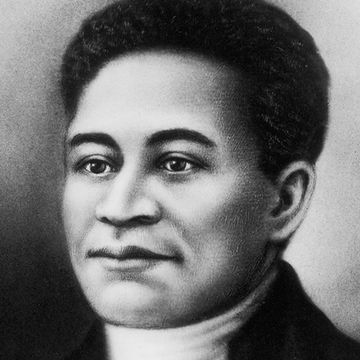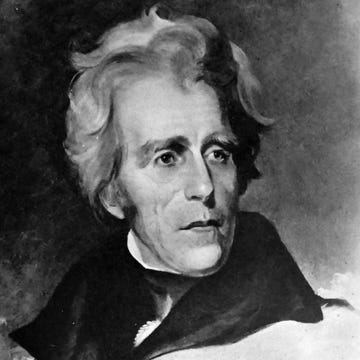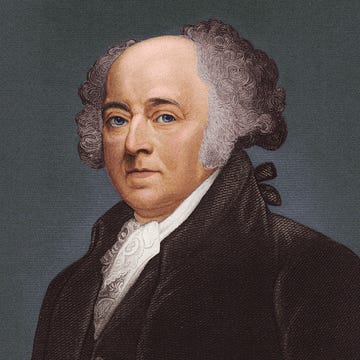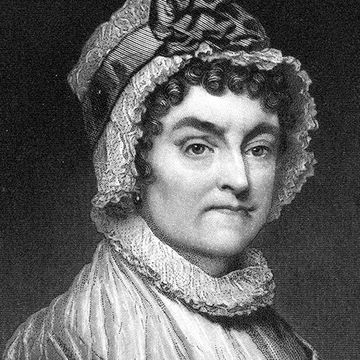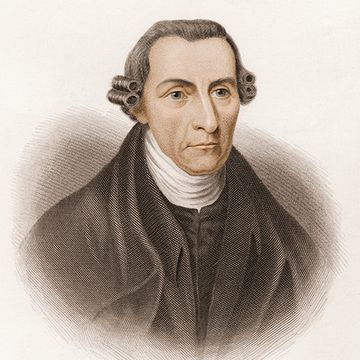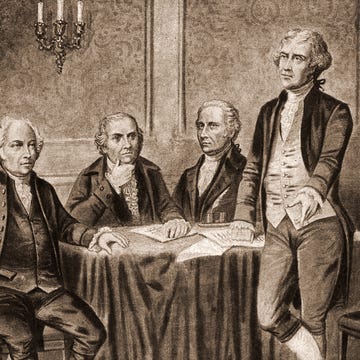American Revolutionaries

The Real Story of Paul Revere’s Ride
On the evening of April 18, 1775, the silversmith left his home and set out on his now legendary midnight ride. Find out what really happened on that historic night.
Advertisement - Continue Reading Below
More American Revolutionaries
Advertisement - Continue Reading Below
